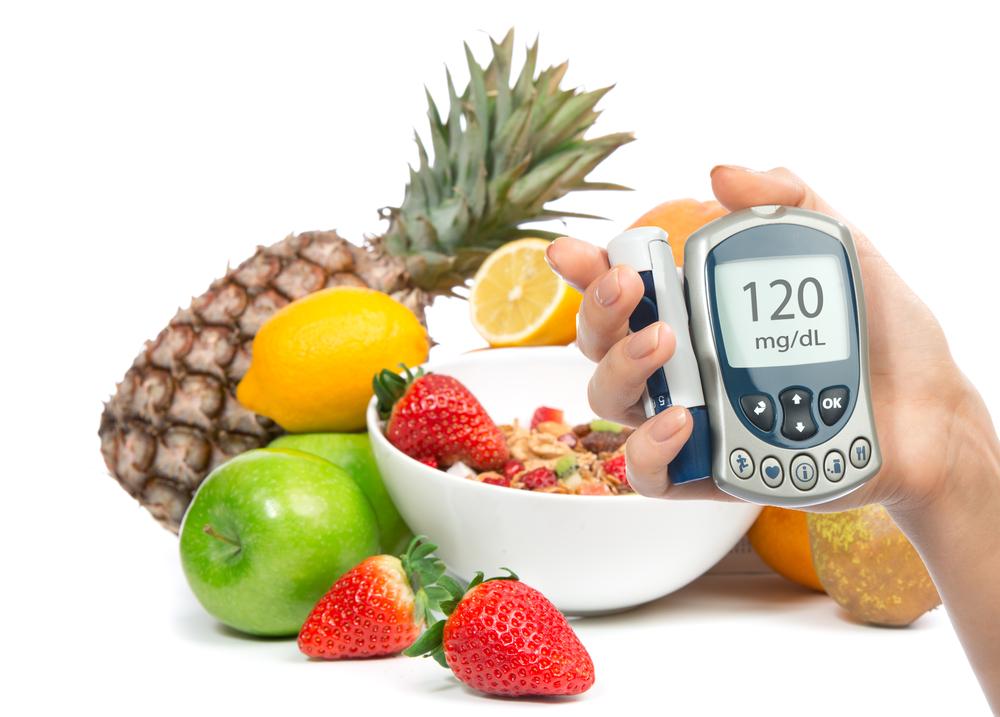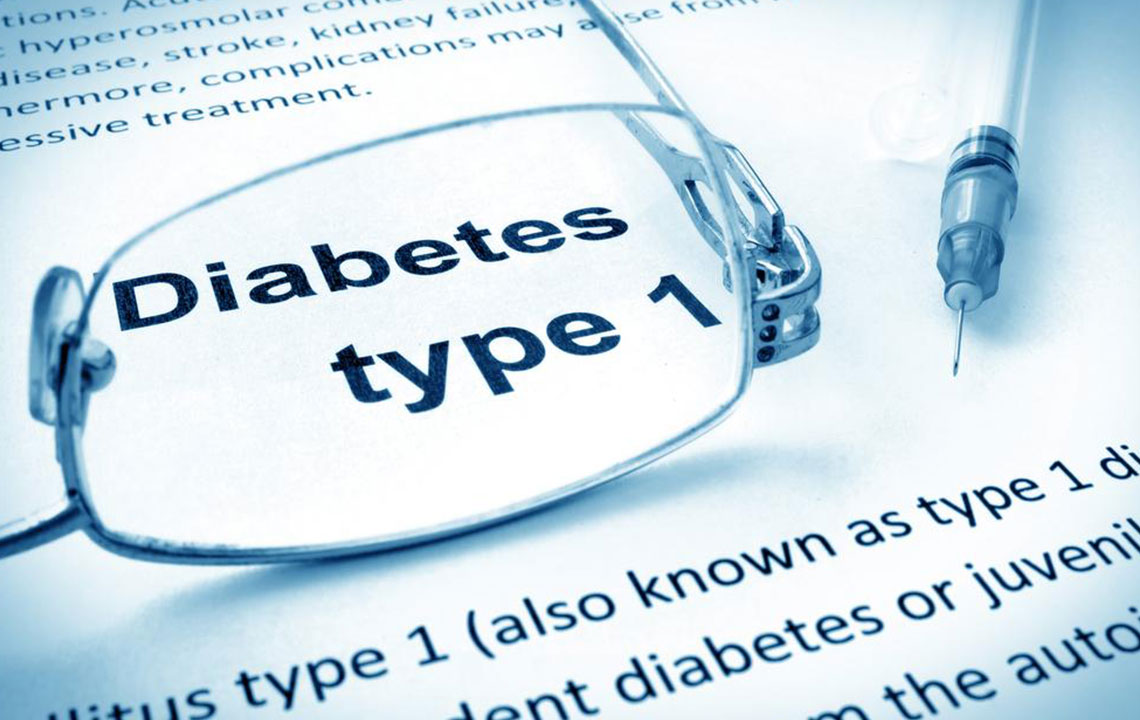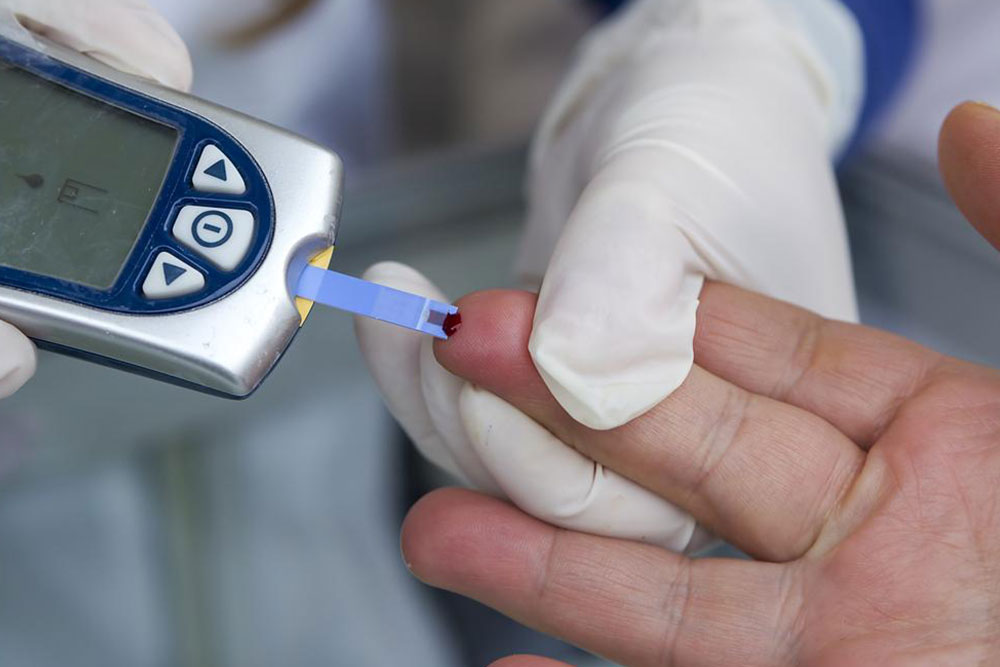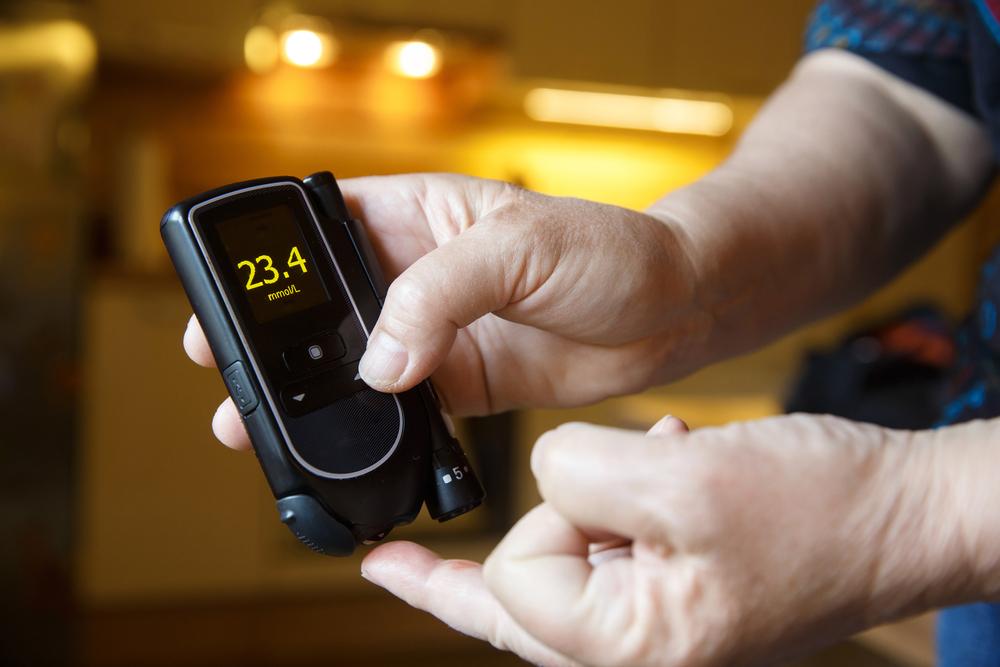An Overview of Type 1 Diabetes
Type 1 diabetes is commonly known as juvenile diabetes that is insulin-dependent. It is a chronic condition that results from the pancreas producing little to no insulin. Insulin creation is essential for the body as it converts the excess sugar in the blood to glycogen and stores it inside the body’s cells.
Type 1 diabetes may occur due to different factors which can be linked to either genetics or viruses.
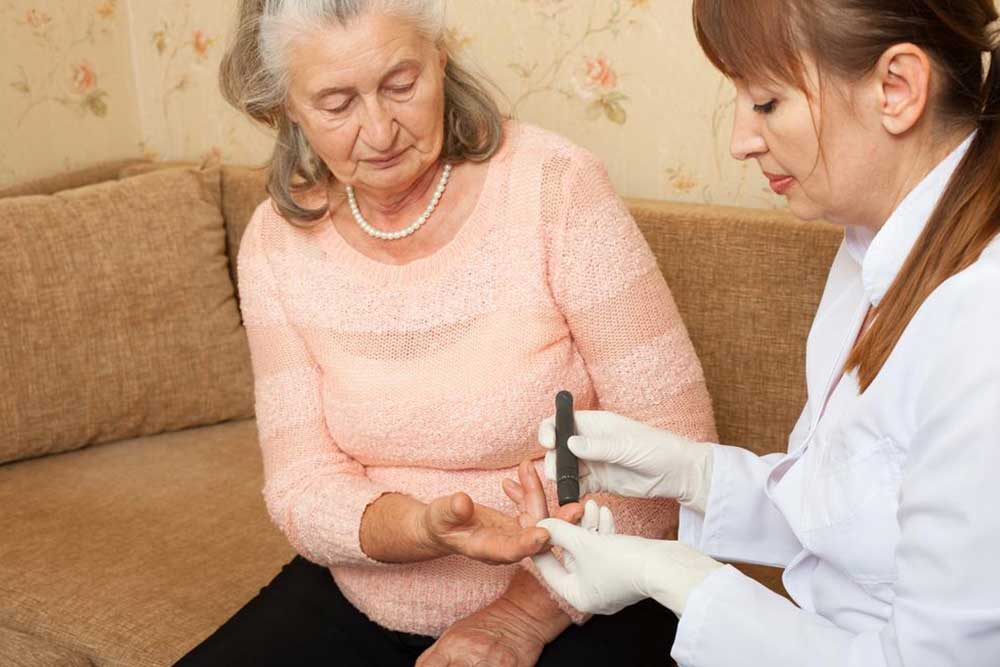
Symptoms of type 1 diabetes
Following are some of the symptoms of type 1 diabetes:
- Frequent urination
- Increased thirst
- Extreme hunger
- Weight loss
- Changes in mood and irritability
- Blurred vision
- Weakness and fatigue
Causes of type 1 diabetes
The main cause of type 1 diabetes is still unknown. Some studies claim that one can develop type 1 diabetes when their body’s immune system destroys the pancreatic cells while fighting various bacteria and viruses. These cells are responsible for producing insulin. There can be other causes as well, such as genetic problems and exposure to viruses. Certain environmental factors may also lead to type 1 diabetes.
Role of insulin
- The cells of the pancreas secrete insulin into the bloodstream.
- The insulin circulates throughout the body.
- Insulin converts the blood sugar into glycogen and stores it in the body’s cells.
- The blood sugar levels will decrease, and so will the amount of insulin secretion.
Role of glucose
- Glucose comes from two sources, liver and food.
- Sugar is present in the bloodstream, after which it gets converted into glycogen and enter the cells.
- The liver stores all the glycogen in the body.
- When the glucose levels in the blood decrease, the liver converts glycogen to sugar and releases it into the bloodstream again.
- In type 1 diabetes, there is no insulin to take care of your blood sugar, and thus, the sugar levels build up in your body.
Risk factors
- If someone in your family, like your parents or siblings, have type 1 diabetes, then you face a greater risk of developing this condition.
- Certain genes in the body can also cause type 1 diabetes.
- People who live close to the equator face a lower risk of developing type 1 diabetes. This risk increases as one moves away from the equator.
